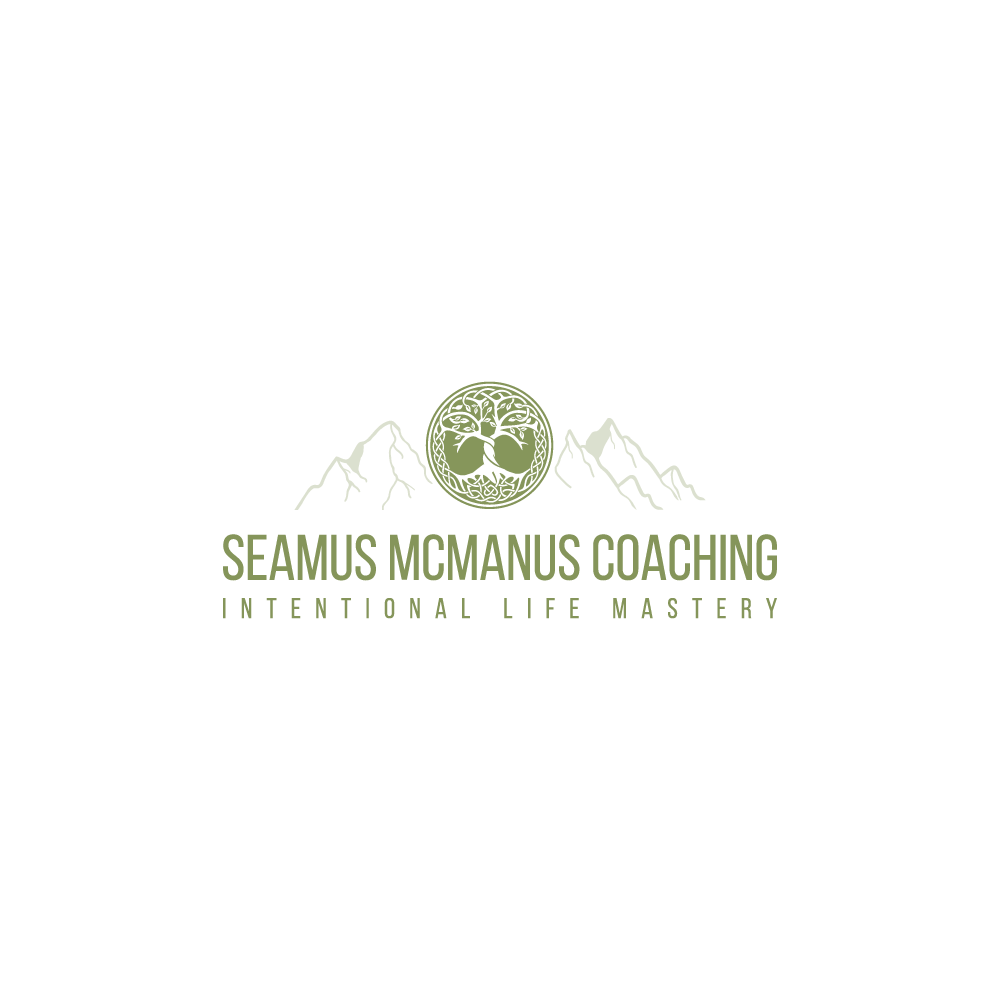Embracing Resilience as a Tool for Confidence and Growth
Life is full of ups and downs, and we all face difficult stressors that can feel overwhelming at times. While resilience may not be a magical solution that instantly removes all of life’s challenges, it equips us with the necessary tools to navigate through those challenges, bounce back, and live life with confidence and strength.

In this article, we will explore seven key factors that I have found impacted my own resilience. So, as you read through the list I would suggest you take a moment to reflect on these factors too. Maybe consider where you excel and where there may be room for growth and improvement.
- Awareness: A Foundation for Resilience
The first factor is awareness. Developing self-awareness allows us to understand our thoughts, emotions, and reactions to external people and circumstances. By recognising our own responses, we gain insight into our patterns and can consciously choose how to navigate difficult situations. For me, it was learning to become aware when I was shifting into Sympathetic Nervous System responses. Breathing changes, heart rate elevating… Mindfulness practices, such as meditation or journaling, can help cultivate this self-awareness. Be aware of your mental, physical, and emotional state – it’s a game changer.
2. Strong Problem-Solving Skills: Overcoming Challenges with Logic
Resilience relies on strong problem-solving skills. This involves thinking logically, critically analysing challenges, and formulating well-formed plans of action to overcome obstacles. By approaching problems with a clear and rational mindset, we can break them down into manageable steps and create effective strategies for success. I was always a logical thinker, however, when I wasn’t looking after the first point, awareness, I wouldn’t always think logically. Learn critical thinking and apply the learnings in all situations. Following logical steps, even in crisis, will lead you down the right path.
3. Seeking Help: Strength in Vulnerability
As the saying goes, “No man is an island.” Asking for help is not a sign of weakness but a demonstration of strength and self-awareness. Seeking support from trusted friends, family, or professionals can provide valuable perspectives, advice, and guidance. Remember, a problem shared is a problem halved, and reaching out for assistance can expedite problem resolution and personal growth. As a man, I didn’t always put my hand up and admit I needed help. Whether in work or in private, I had a belief that men ‘get shit done’. How noble. The wise man knows that by seeking help, at the right time, you will ‘get shit done’ – faster!
4. Embracing Setbacks as Opportunities: Feedback for Growth
Resilience involves recognising that setbacks are a natural part of life. Instead of catastrophising or viewing setbacks as failures, we can reframe them as opportunities for growth and learning. By adopting a growth mindset, we understand that every challenge presents valuable feedback and insights that can help us improve and move forward. Remember when you would build a fort as a child? Or maybe you made sand castles or some other game? And invariably you’d have to start over when they’d collapse… You didn’t just quit, did you? No, you just learned another way NOT to do it. Apply the same thinking to all other areas of life, and crack on. Stop wasting time crying over spilt milk.
5. Internal Locus of Control: Empowering Self-Determination
Developing an internal locus of control is crucial for building resilience. It means recognising that you have the power to shape your own reality and influence the outcomes in your life. One of the premises of coaching is that you are not a passive victim of circumstances, but an active agent capable of making choices and taking action. In order to make advances in life, you must embrace the belief that you hold the reins of your own destiny and that your mind is a powerful tool for creating the life you desire. Unless you are a minor, you have the power of choice to change whatever is not working for you, into something that is going to work for you. It really is as simple as that.
6. Survivor Identity: Embracing Strength and Resilience
Identifying as a survivor rather than a victim is a pivotal aspect of resilience. Acknowledge that you have overcome hardships and difficult times, but they do not define you. While it’s natural to visit memories of challenging experiences, remind yourself that you have moved beyond them. Embrace your strength, resilience, and capacity for growth. I am not for a second undermining or minimising anybody’s experience. But once you can compartmentalise the fact that he or she or that or this done [insert event here], BUT that is over, and “NOW WHAT AM I DOING”? You will get through and beyond anything.
You are not defined by your past but by your ability to rise above it.
7. Nurturing Strong Social Connections: Building a Supportive Network
I always say that resilience thrives in the presence of strong social connections. If you cultivate multiple sources of social support and surround yourself with a diverse network of individuals who uplift and inspire you, you will get through anything. Engage in various circles and communities, fostering connections that provide emotional support, encouragement, and different perspectives. The larger your support system, the more resilient you can become. For a period after my marriage broke down, I followed various groups on social media. But in time I had to delete them. Oh my god they held me down with the ‘woe is me’ thinking. When I engaged with coaches, people who spoke about mindset and goals etc… BOOM I seemed to close a negative chapter and step into a much brighter future. YOUR NETWORK WILL BE YOUR NET WORTH. Not just financially, spiritually, emotionally and in every way.

Embracing Your Resilient Spirit
Resilience is not an innate trait we are born with, but rather a learned behaviour that can be cultivated and strengthened at any age, stage, gender, or situation. You possess incredible strength and resilience within you, often more than you give yourself credit for. The journey to resilience begins with acknowledging your areas of strength and areas for improvement. Imagine, I didn’t find this out about myself ‘til I was 40… so if you find yourself of similar age and worried life is passing you by… don’t be worried, just take action to change.
Consider choosing one area today, that I have mentioned, to focus on and cultivate resilience within yourself. If you feel you need some guidance along the way, don’t hesitate to reach out to me. Remember, I listed it in one of the steps you just read; seeking help is a sign of strength and self-awareness. Together, we can work towards building your resilience and supporting your personal growth.
Trust in your resilience, embrace the journey, and empower yourself to thrive.
It’s about time you backed yourself in this race called life.
Séamus
www.seamusmcmanus.com
